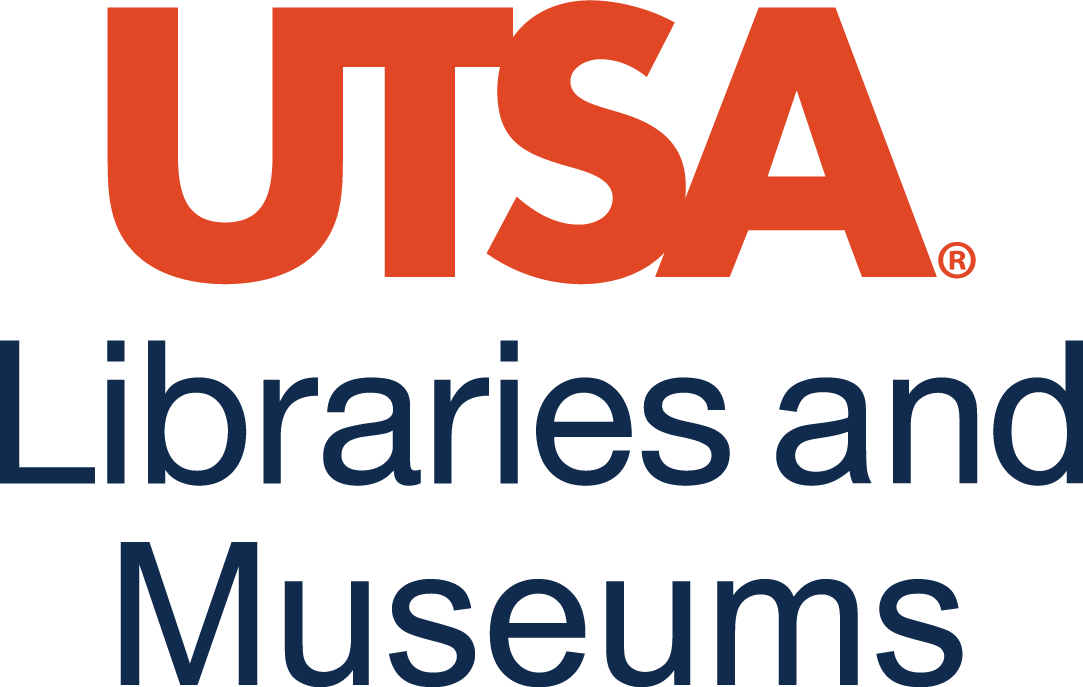8 Ferrara
| 7:00 | Bus departs from Borgo Mercatale |
| 10:00 | Estimated arrival in Ferrara |
| 10:30-13:00 | Castello Estense |
| 13:00 | Lunch and Free Time. |
| 14:00-15:30 | Duomo, Piazza dei Diamanti, Via delle Volte |
| 16:00 | Bus departs for Urbino |
| 19:00 | Estimated arrival in Urbino |
Ferrara: Background
The city of Ferrara boasts a rich musical history that can be divided into two periods. The first occurred from 1240 to 1598 when the city was under the continuous political rule of the Este family. The second began after 1598 when the Estensi lost the city to the papacy. Ferrara’s musical activity lost its autonomous importance in this second era but continued to flourish. Guido of Arrezo (991-1033), the inventor of modern musical notation (the staff), solmization (dore-mi-fa-so-la), and author of Micrologus, the second-most widely distributed musical treatise in the Middle Ages, was educated and began his teaching and theoretical writing in the nearby Benedictine abbey of Pomposa, making Ferrara an important center for plainsong that lasted into the sixteenth century. Under four successive members of the Este family, Niccolò III, Leonello, Borso and Ercole I, the court of Ferrara experience a remarkable rise to the status of an internationally important musical center. The dukes supported both instrumental and vocal music, but the reputation of the cappella (choir) achieved notable renown. Ercole I’s lavish patronage–of all the Italian princes of the era he was most keenly interested in music–can be seen in his decision to hire Josquin, the greatest composer of the day, for 200 ducats despite being urged to hire Isaac who would come for 120 ducats. Josquin made a special musical tribute to the duke in his Missa “Hercules dux Ferrariae” by drawing on the vowels of the Duke’s formal name for its basic musical subject. Even after the removal of the Estensi to Modena in 1598 and the annexation of to the Papal State, the city did not fall into cultural decline but instead became an important origin and growth of instrumental and theatre music. Opera was mounted in Ferrara during the 18th century mainly by touring companies subject to the approval of the papal legate. An account of the various difficulties involved can be gathered from the only surviving letters of Vivaldi, which deal with performances of his operas in Ferrara by his company.
